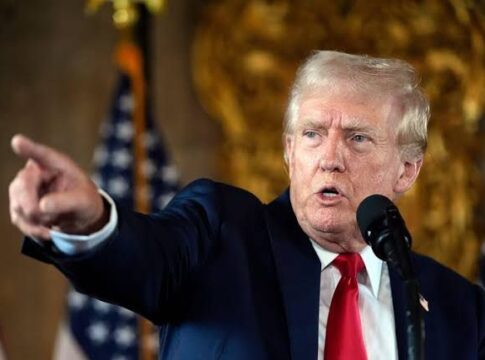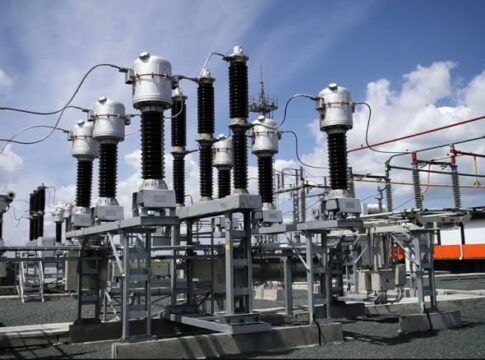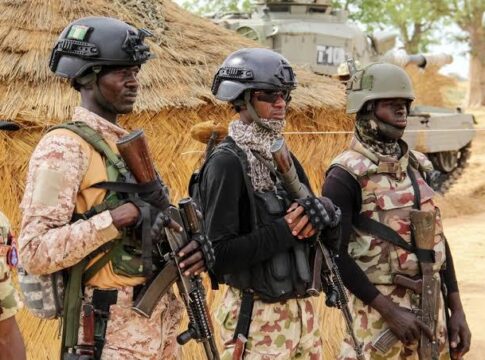With Donald Trump securing a second term as U.S. President, African leaders are preparing for potentially significant changes in diplomatic, economic, and security dynamics between Africa and the United States. Zimbabwean President Emmerson Mnangagwa welcomed Trump’s win, emphasising that Zimbabwe is “ready to work” toward stronger ties. Nigerian President Bola Tinubu expressed optimism that Trump’s leadership would foster “reciprocal economic and development partnerships.”
However, questions linger about how Trump’s second term will impact Africa, especially in trade, aid, and migration. During his first term, Trump was criticized for reducing foreign aid, cutting immigration, and using dismissive language about certain African countries. While he did implement investment programs like Prosper Africa and the Development Finance Corporation (DFC), his approach remained highly transactional.
Trade and Investment
The African Growth and Opportunity Act (AGOA) has been a cornerstone of U.S.-Africa trade, allowing African nations duty-free access to the American market. However, Trump’s previous opposition to AGOA renewal, which expires in 2025, concerns African exporters. South Africa, one of AGOA’s major beneficiaries, could face economic challenges if the program ends. However, Brookings Institution data suggest that South Africa’s GDP might only dip by 0.06% since its major exports like minerals are not AGOA-dependent.
READ MORE: Leading with Purpose, Not Position: Transforming Leadership Culture in Nigeria
For many, Trump’s prior initiatives, such as Prosper Africa and the DFC, provide hope that his administration might maintain investment channels, especially given China’s strong economic influence on the continent. The DFC has already channeled over $10 billion into African projects, and analysts predict Trump may continue these programs to counter China’s expanding footprint.
Security and Geopolitical Realignment
Since Trump’s first term, Russia has expanded its influence in African conflict zones, supporting military forces in Mali and Burkina Faso. Trump’s stance on Russia has raised questions about how he might approach Africa’s security landscape. Although he authorized Nigeria’s purchase of fighter jets to combat Boko Haram, Trump’s rapport with Vladimir Putin fuels speculation about his commitment to countering Russian influence in Africa.
Aid and Healthcare Concerns
The U.S. remains Africa’s primary aid provider, with nearly $3.7 billion disbursed this year alone. Trump’s previous term saw repeated calls to reduce foreign aid, though Congress opposed such cuts. With Republicans now holding significant Congressional power, aid budgets might face fresh scrutiny. A particular concern is PEPFAR, a $100 billion program combatting HIV/AIDS in Africa, which Republicans previously challenged over alleged abortion funding. PEPFAR’s future hangs in the balance, especially if Trump prioritizes conservative policies.
Immigration Challenges
Trump’s stringent immigration stance, promising to deport one million undocumented people, worries African migrants who have increasingly sought U.S. asylum. Border data showed a rise in African migrants at the U.S.-Mexico border, from 13,000 in 2022 to 58,000 in 2023. If Trump reinstates previous restrictions, which affected countries like Nigeria and Eritrea, migrants fleeing conflict or poverty may face additional hurdles.
As Africa contemplates its future under a Trump administration, former Liberian minister W. Gyude Moore offers a cautious perspective. “Trump is unorthodox in how he does everything. One has to be open to new developments, not necessarily positive ones,” he told BBC. For African nations, the next few years could redefine U.S. relations in unprecedented ways.




